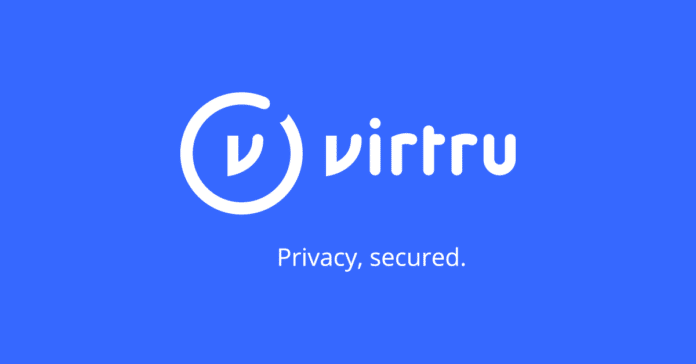Virtru, a provider of data protection solutions, is expanding its portfolio of encryption and privacy applications with the launch of its OpenTDF project, an open source initiative to enable a universal standard for data control. Developers can use OpenTDF to encrypt and protect sensitive data, as well as incorporate zero trust data control into their applications.
The first iteration of the project, led by Virtru founder and CTO Will Ackerly, served as a function within the United States National Security Agency (NSA), and it has also appeared as an open specification hosted by the United States Office of the Director of National Intelligence (ODNI). TDF, or Trusted Data Format, specification has consistently informed efforts to facilitate sharing of sensitive data across disparate domains over time. With the launch of OpenTDF, developers can now access software development kits (SDKs) hosted in the OpenTDF GitHub repo, which simplifies the development of applications capable of governing sensitive data as it navigates through documents, video feeds, IoT sensors, and multi-party analytics.
Case studies for OpenTDF
Some OpenTDF use cases include: protecting personal health information (PHI) such as medical histories when sharing with a provider; redacting document content or cryptographically enforcing document redaction that protects words, sentences, or paragraphs of text based on the security rights of those viewing the document; and securing IoT sensor data by providing granular access controls to the packet level while ensuring data integrity.
It also provides end-to-end protection of chat and video conferencing content in real time, as well as integration with other platforms to secure data event streams from ingestion to consumption.
OpenTDF intended to allow private data sharing
“Virtru was built on the premise that people should have a basic right to determine what data they share and with whom,” said Virtru CEO John Ackerly. “There should be no back doors and no third-party access requirements. With this open implementation, customers and partners alike can incorporate industry-leading data control standards into their applications. We’re excited to see how developers worldwide will leverage OpenTDF to deliver innovative zero trust data solutions that advance trust and respect for the data their organizations produce and share.”
“One of the world’s most important inventions, PDF was created by Adobe to facilitate sharing of documents between people using different computer operating systems, regardless of the application used to create the document,” said Will Ackerly. “Just as PDF helped accelerate digital document sharing, TDF is poised to become the standard method for securely sharing sensitive data. TDF keeps rightful owners in sovereign control of information they share regardless of file type, application of origin, or authentication mechanisms.”
















































































